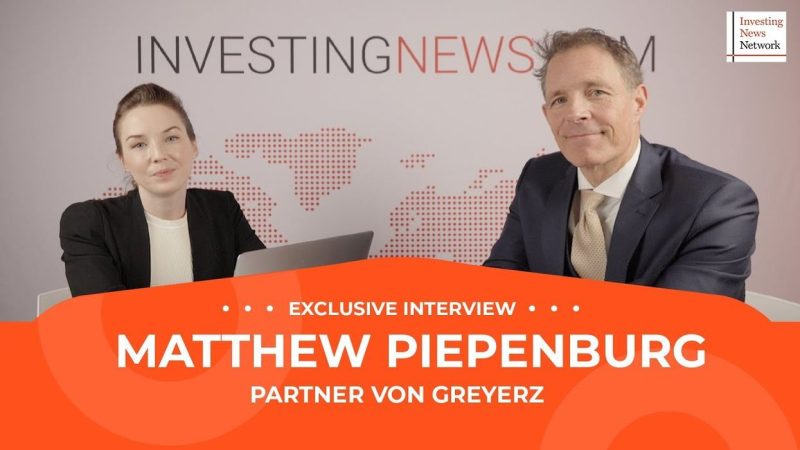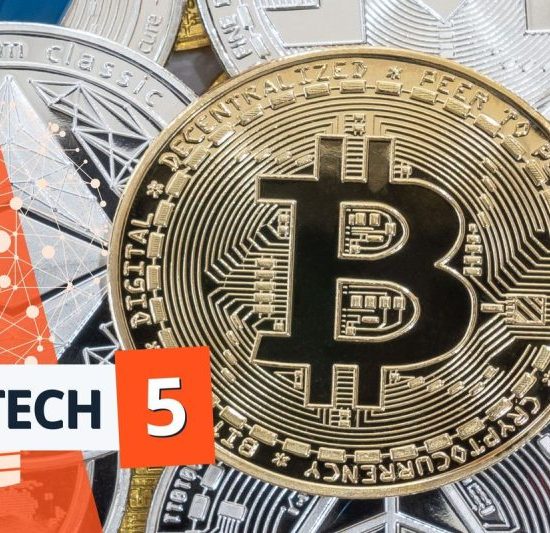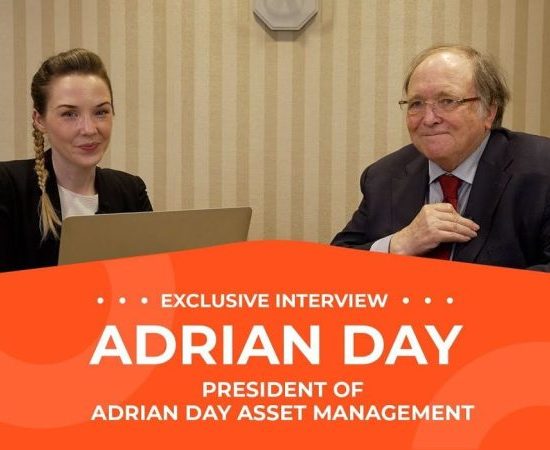Matthew Piepenburg, a reputable financial expert and Commercial Director at Matterhorn Asset Management, consistently brings compelling perspectives to the financial industry. In particular, his view on the current economic scenario and the potentials of gold as a haven asset is highly noteworthy. Piepenburg’s recent assertion that the end game is inflationary, and gold will get the last laugh is a compelling opinion, considering the current global economic climate.
Piepenburg’s argument about the end game being inflationary rests on the foundational understanding of global economic policy trends. In a desperate attempt to thwart economic downturns, countries worldwide resort to quantitative easing – the printing of more money into the economy. Central banks have done this unabashedly to bail out failing businesses, stimulate spending, and spur economic growth.
This issuance of virtual money into the economy by governments is not backed by equal value production, resulting in inflation. Piepenburg calls this the end game scenario. Unlike a Chess game where the end game denotes the final tactical moves based on strategic planning and anticipation of the opponent, in global financial markets, the effects are not calculated but rather, dreaded. The prospect of runaway inflation and subsequent economic instability looms, with the potential of severely impacting everyday lives, rendering existing currencies valueless.
Matthew Piepenburg also contends that despite an inflationary end game’s adverse consequences, gold will ultimately have the last laugh, inheriting its value from the rubble of inflation wreaked fiat currencies. This argument hinges on the fact that gold has always been a trusted store of value over the centuries. Historically, during periods of economic turbulence, gold prices tend to soar, acting as a safe haven for investors.
Gold derives its value inherently and is not subject to the policies of any Central Bank. A finite resource whose extraction is an expensive and demanding process, gold’s supply is inherently resistant to inflation. Additionally, gold is universally acceptable and carries intrinsic value anywhere in the world. Thus, unlike fiat currencies, which are prone to devaluation due to inflation, gold tends to not only maintain but often appreciates in value in inflationary conditions.
In endorsing gold as an alternative, Piepenburg provides important food for thought in two contexts; the inevitability of an inflationary end game given current economic policies and the role that gold can play as a safeguard in these circumstances.
His prediction should not be seen as doom prophecy but rather, a proactive insight for investors. Amidst an economic climate shrouded with uncertainties, investments in gold could prove beneficial. Therefore, the theory of gold having the last laugh in an inflationary end game just might hold water.
In essence, Matthew Piepenburg’s view cardinally reminds us of the constant need to analyze, understand, and adapt to global economic trends and scenarios. It underscores the importance of diversifying investment portfolios to include gold, which exhibits the potential to offer a high degree of financial security in light of potentially catastrophic macroeconomic events such as rampant inflation.




